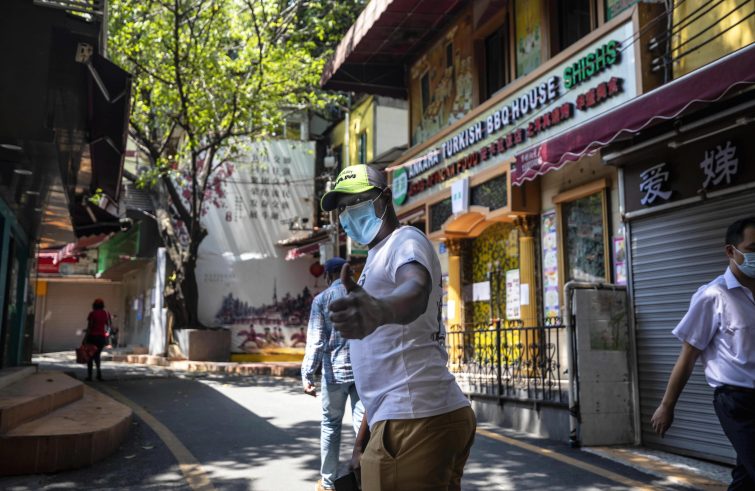
While Western societies are discussing the possibility of third doses of Covid vaccines (and can even afford to have an anti-vax movement), the world’s 50 poorest nations, including the Democratic Republic of Congo, Haiti, Chad and Zambia, have barely received their first and second doses. The vaccination rollout is being slowed down also by another phenomenon: people are afraid to get vaccinated as a result of various “conspiracy theories.”
First-hand accounts. The upcoming G20 decisions ( which will hopefully accelerate a fairer distribution of vaccines in developing countries and strengthen the Covax mechanism) could have a crucial impact on the future of millions of people.
This will happen especially if the vaccination rollout is “accompanied by the right information”, a challenge that has so far depended on the missionaries’ courage and goodwill.
As they themselves explain. SIR contacted three Italian missionaries based in Haiti, Congo and Zambia: Maddalena Boschetti, a lay fidei donum missionary from the diocese of Genoa who has been living in Haiti for 18 years; Father Gaspare Trasparano, a Comboni missionary in North Kivu, and Comboni Fr Antonio Guarino in Zambia.
Other serious issues… “Only several thousand vaccinations were administered in Haiti in a month, but the problem is not just the number of doses available. Part of the problem is people’s reluctance to get vaccinated,” said Maddalena Boschetti over the phone from Mar Rouge. “I’ve made a tremendous effort to arrange to get vaccinated as soon as possible, with Moderna, the only vaccine available so far, and I’ve brought three young people from the mission with me,” the fidei donum missionary explained. ” However, most people in Haiti care very little about the vaccine… They don’t trust doctors. Moreover, they are confronted with serious problems linked to outbreaks of disorder by violent gangs that are spreading throughout the country amidst the devastation caused by the earthquake.”
Maddalena Boschetti pointed out that the COVID-19 pandemic is only one of the causes of death on the Caribbean island, and not the worst one:
“unfortunately, we are used to death here”, she said. In Haiti, missionaries provide a “veritable and reliable point of reference for the people”, she said. “As missionaries, our efforts are aimed at restoring the objective truth that extends beyond hearsay and popular belief. For example, I am trying to persuade people to get vaccinated, but scepticism prevails. They don’t want to get injected with any substance.”
The upcoming “fourth wave.” The Covid vaccine is not a priority for people in sub-Saharan Africa either, although a fourth wave of COVID-19 and a South African variant are already in the news. “A fourth wave of a further variant is expected in Zambia between October and November,” said Father Antonio Guarino. “We still have stocks of Astrazeneca at the moment, but they are being set aside for the second doses. There is no desire to proceed with the first if the second dose is not first provided to people who had their first shot.” So a large part of the population remains unprotected.
Terror and diffidence. Yet there is no race for the vaccine because conspiracy theories have gained the upper hand: this is the case in both Congo and Zambia. “People are afraid and refuse vaccination,” said Father Guarino. The same problem exists in the Democratic Republic of Congo: Ebola had already revealed the terror and diffidence not so much towards the virus, which caused widespread death, but towards the remedy. People don’t trust it,” pointed out Father Gaspare Trasparano from North Kivu, “and in any case there are not enough vaccines against Covid-19: many are still waiting for the first dose.”
(*) editorial staff, “Popoli e Missione”










